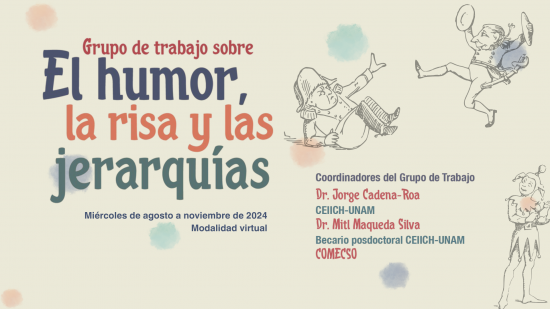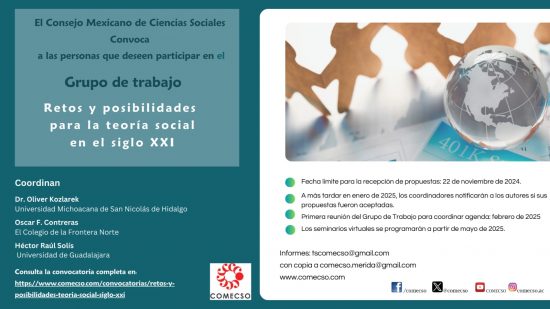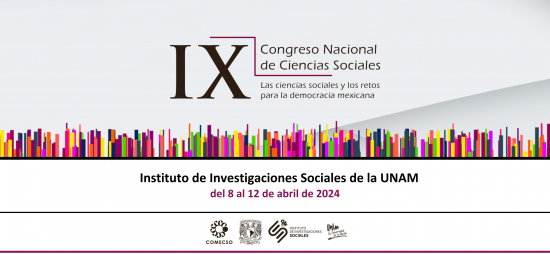Filmic and Media Narratives of the Crisis
Following the 2015 Thessaloniki Works on the Narratives of Crisis (concerning the media narratives in general on the economic crisis and its enormous consequences especially for the European South) we organize a conference which will deepen the reflection on two special axes 1) filmic narratives & 2) mass and social media narratives.
In this frame, the EURCECOM (Centre of Studies on the European Communication), the Master Communication, Media and Cultural Management of Panteion University the IRMÉCCEN (Institut de Recherche Médias, Cultures, Communication et Numérique) of University Paris III, Sorbonne Nouvelle, the IESAV (Institute of Scenic and Audiovisual Studies) of the University Saint-Joseph, Beirut, the PHILéPOL (Centre de Philosophie, d’épistémologie et de Politique) of the University Paris Descartes, Sorbonne Paris Cité, the Cinémathèque of Greece, the Technological University of Cyprus, the ISA-RC14 (Sociology of Communication, Knowledge and Culture), the AISLF-RC38 (Political Sociology) and EKKE (National Centre for Social Research) organize, on November 7th and 8th 2019, an international conference on the theme:
Filmic and Media Narratives of the Crisis: Contemporary Representations.
Human beings are primarily dramatic (J. Duvignaud, 1970) and thus unable to surpass the representation. Cinema represents the narrative language of the contemporary world since the 20th century having imposed its own communicational codes; it remains a prime mode of narration included in mass and social media essentially because the “image” (and the “screen”) are abstractive (as far as it concerns ideas and meanings) and at the same time concentrated (as far as it concerns the different descriptions). The “image” is the main vector of the contemporary storytelling. It is imposed at every level of communication surpassing the political, cultural and social frontiers being for this reason of an immense importance for the analysis of contemporaneity.
The crisis narrated by the cinema and the media-stories (fictional and « informative ») is an ideal topic reflecting thoughts, doubts, and fears of our societies. Beginning with the cinema (its allegories and transcriptions of the social and political actions) and continuing with any imaginal narration of the contemporary social issues (the crisis being a major one) this conference invites analysis research of the contemporary narrations of the media in order to finally « capture » the dominant myths sustaining our everyday life.
While the filmic narratives (at least the ones very successful to a mass-audience) deal very much with the chaos spread by “bad forces” (using allegories and allusions concerning the –bad- human management of the world -without being specific) the other media narratives often place reality in the frame of these dominant myths and preconceptions.
The “success stories” usually describe issues concerning the struggle for power and control (including cases of the formed zones of security and insecurity, of the role and mobilization of technological issues, of the elites chosen to affront the crisis etc.). In filmic stories individual heroes become the protagonists of “world salvation” (reductionist pedagogy as far as it concerns the crisis, giving nevertheless a dominant perception concerning the nowadays division of the world into security and insecurity zones where regions like Mediterranean Sea become “frontier lands”). We need to mention here the different war representations (including the economic war) given that the absolute crisis in history is « war » (including periods of Law exceptions, of social radicalizations, where societies play for their survival, the dissolution and the re- arrangement of a certain relation to the world and of new definitions of the “social link”).
Some main axes of investigation proposed for this conference are (not exclusively) the following:
- Representations;
- Heroes and Victims;
- Propagandas (triumph of a dominant model of thought) using dreams, myths and ideals;
- Dialogue between dominant myths and peripheral reflections;
- Cultural Industries and local productions;
- Film, Media Receptions & Cultural Studies (the decoding of spectators and the understanding of different narratives)
Abstracts (around 500 words) must be sent before February 28th 2019 to the address : recitsfilmiquesdelacrise@gmail.com
Te puede interesar

Publicaciones del COMECSO
comecso - Dic 04, 2024Este espacio reúne la gran mayoría de la producción editorial de nuestra asociación. A lo largo de casi cinco décadas,…
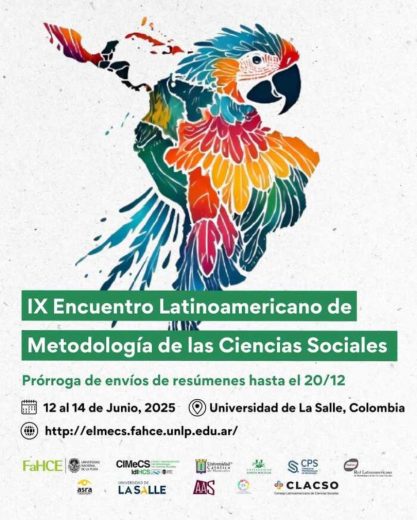
IX Encuentro Latinoamericano de Metodología de las Ciencias Sociales
Laura Gutiérrez - Dic 11, 2024IX Encuentro Latinoamericano de Metodología de las Ciencias Sociales Indisciplinar las ciencias sociales. Transformaciones y resistencias en las fronteras metodológicas…
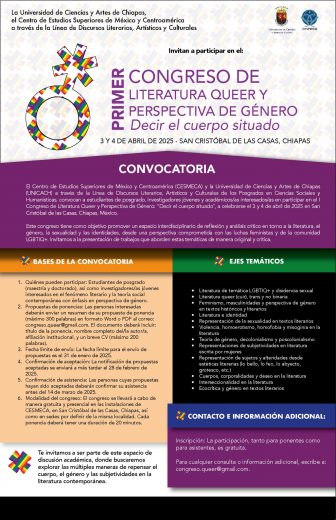
Primer Congreso de Literatura Queer y Perspectivas de Género: “Decir el cuerpo situado”
Laura Gutiérrez - Dic 11, 2024La Universidad de Ciencias y Artes de Chiapas, el Centro de Estudios Superiores de México y Centroamérica a través de…

Postdoctoral Research Fellowships
Laura Gutiérrez - Dic 11, 2024University of California Alianza MX Postdoctoral Research Fellowships 2025 Pilot Program Deadline: March 31, 2025 The University of California Alianza…


